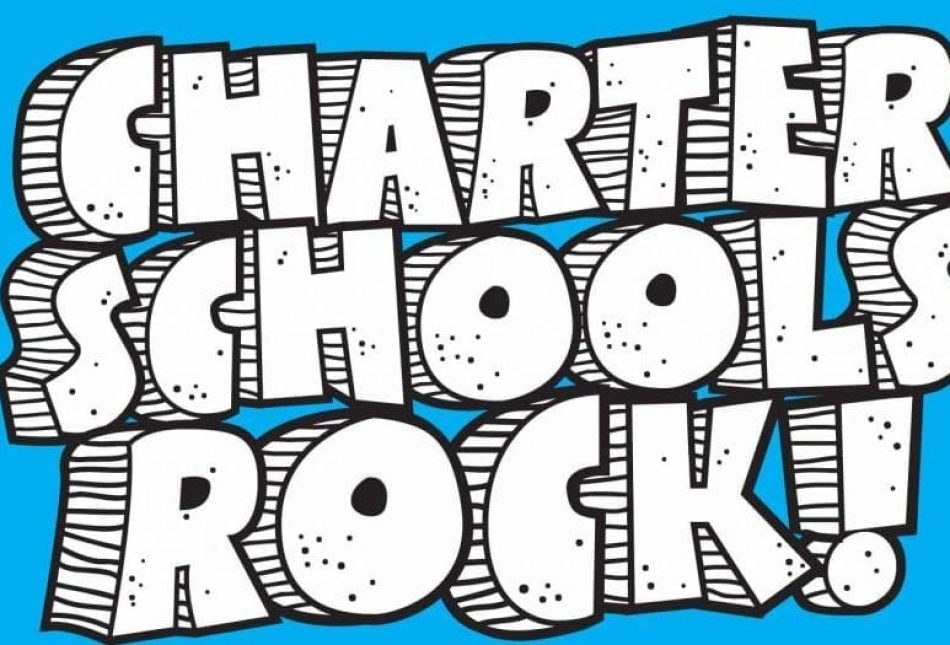State Should Back Virtual Charters

The fact that New Mexico’s education system is in dire need of reform is not lost on citizens of our state. Recent polling found that 75 percent support the simple act of holding back third graders who can’t read.
This is good news! People clearly want to see reform — and our children deserve the best education possible for them.
While eliminating the social promotion of third-graders who cannot read would be a good start for the Legislature next session, we need to use all the tools at our disposal to ensure that kids can read and their schools are successfully teaching them to do so.
Hopefully, voters focus on this issue in the upcoming election and weigh support for such modest education reforms in deciding who they wish to represent their interests in Santa Fe.
The reality is that banning third-grade social promotion is not enough to improve our schools. In fact, no single education reform is going to solve the problems that have been with us for generations.
One reform that is sweeping the nation — but is being hindered here in New Mexico — is the fast-growing virtual/digital learning model.
Why is New Mexico, once again, falling behind in education?
We do have the state’s first full-time virtual charter school up and running in Farmington because an innovative school district saw the possibility of virtual education. But, New Mexico Connections Academy, a proposed full-time, statewide public virtual school that applied for another charter for the 2013-2014 school years, was denied on a 6-3 vote by the Public Education Commission.
Despite strong interest from parents, a thorough application, committed volunteer board, and no opposition voiced at a public meeting, the PEC turned down the New Mexico Connections Aca-demy charter application.
The application is now on appeal to Education Secretary-designate Skandera.
There are countless examples of how technology has positively impacted virtually every aspect of our lives. It is only now getting started in truly changing education.
The PEC’s decision was based in part on a Richardson-era legal opinion that questioned the legality of “virtual” charters. With such a mind-set, it is a wonder that New Mexico students are not forced to use only an abacus to learn math, or a wax tablet to learn how to write.
Michael O’Leary is an adjunct scholar with New Mexico’s Rio Grande Foundation, a limited government proponent.

